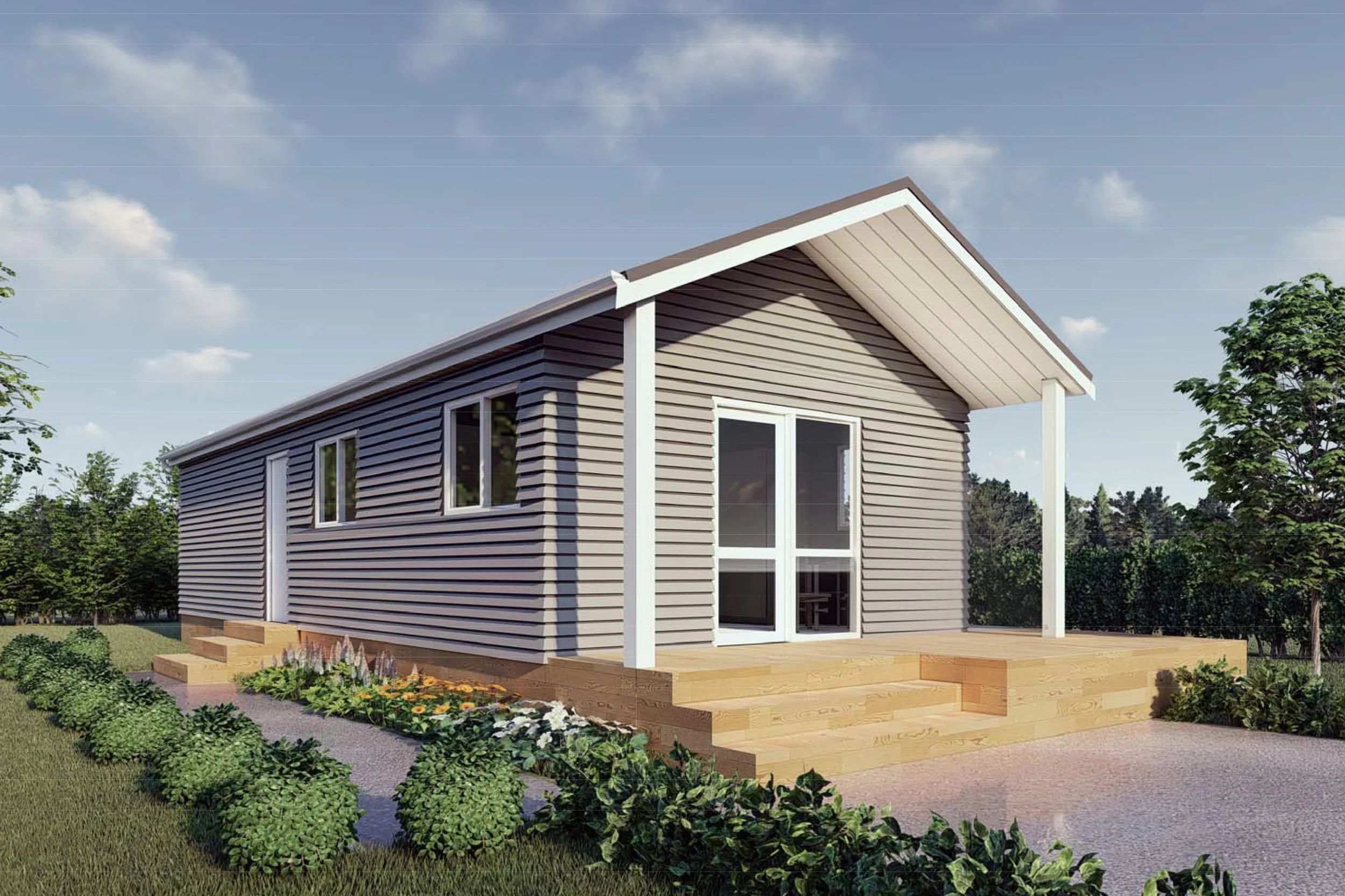How to Negotiate the Ultimate Lease for Your Gym Business and Save Money
How to Negotiate the Ultimate Lease for Your Gym Business and Save Money
Are you considering launching a gym or fitness center, but unsure how to secure a lease that sets your business up for success?
Starting a gym business can be a daunting task, especially when it comes to negotiating the perfect commercial lease for your gym.
From rental reviews to custom fit-outs, there are all sorts of terms that can be negotiated into the agreement to lease before the lease begins.
Whether you are a seasoned entrepreneur or just starting out, our property law experts at NZ Legal will help you understand:
- what factors to look for when choosing a location;
- what terms to negotiate into your agreement to lease; and
- how to ensure that you are getting the best deal for your business.
By following this guide and seeking expert advice, you can avoid the common pitfalls gym owners make and set your gym up for long-term success.
So, let's walk through 9 considerations that all gym owners need to negotiate before entering into an agreement to lease.
1. Fit-out and Customisation
One of the most important considerations when opening a gym, is the fit-out and customisation of the premises.
A good fit-out can make all the difference in ensuring the success of your gym, so it’s important to understand what can be negotiated into the agreement to lease before the lease begins.
For a gym, it will be important for aspects such as air conditioning, changing rooms, flooring, lighting, and soundproofing to be negotiated into an agreement to lease.
You may also be able to negotiate for early access to the premises before the lease begins if the premises is already vacant. This allows you time to set up the gym before having to pay rent.
And if there is an existing tenant at the premises, a rent-free period at the start of the lease can sometimes be negotiated to enable a fit-out before the gym is actually open.
Does the Landlord Contribute to the Fit-Out?
A landlord might agree to an incentive payment to help towards the fit-out or upgrades to the property.
Often, the longer you sign your lease for, the more the landlord is likely to commit to an incentive.
It’s definitely worth asking the landlord about what incentives they’re willing to provide.
By negotiating an incentive payment or rent-free period, you can save money and ensure that your gym hits the ground running!
2. Make Good Provisions of the Lease
Before entering into a lease, it's crucial to understand the make-good provisions of the lease.
Make-good provisions are the obligations placed on tenants to return the leased premises to their original condition at the end of the lease.
If your gym requires a custom fit-out or structural alterations to the premises, it's essential to review the make-good provisions before you sign the lease.
The standard ADLS lease position is that the tenant must return the premises to its original condition, including removing any alterations or additions that have been made during the lease term.
To ensure you're not caught out by unexpected costs at the end of your lease term, it's vital to understand what the make-good provisions of the lease require.
Some landlords may be willing to negotiate the make-good provisions to allow tenants to avoid costly restoration works at the end of the lease. For example, they may allow you to leave certain improvements in place, provided they do not damage the premises or reduce its value.
Take the time to review the provisions before you sign the agreement to lease and seek legal advice to ensure you understand your obligations.
3. Rent and Rent Reviews
When negotiating the agreement to lease for your gym business, it is also important to understand how the rent review operates.
Rent is a critical factor that will impact your bottom line and determine the success of your business. It is essential to negotiate the best possible rental terms to ensure long-term financial stability.
The most common commercial lease form in New Zealand is the ADLS Lease, which offers two rent review options: CPI or market (or a combination of both).
CPI reviews are based on the Consumer Price Index (CPI), which is a measure of inflation. The rent increase is based on the CPI rate, which means that the rent will increase or decrease depending on the inflation rate.
Market reviews, on the other hand, require the rent to be compared with similar premises at the review date. If either party disagrees with the proposed market rent, the rent is decided by way of independent market rent valuation.
It is important to negotiate the best possible rent review option for your business, depending on your circumstances.
The CPI reviews offer a low-cost, simple way of reviewing rent and provide both the landlord and tenant with some certainty of the likely rent increase. If you are just starting your gym business, you may prefer CPI reviews as they offer more certainty and lower costs.
However, Market rent reviews may offer a fairer way of assessing the rent, as it compares the rent with similar premises in the market.
4. Noise and Council Zoning
Noise disturbances lead to more legal disputes than you care to imagine. Having loud music playing or dropping heavy weights can create disturbances for other tenants in the building or neighboring properties.
That is why it is important to ensure that your lease agreement accounts for this and includes specific provisions to minimize noise disturbances.
When looking for a commercial space for your gym, you should have a lawyer review the council zoning regulations in the area.
These regulations specify the permissible levels of noise that businesses can generate in specific zones.
If the property is located in a residential or mixed-use zone, the noise level may be restricted to lower levels than in an industrial zone.
The council zoning regulations may also require you to obtain specific permits or licenses to operate your gym business.
These permits may include a noise permit, which regulates the permissible levels of noise, and any restrictions on the times of day when you can operate your business.
5. Lease Terms
Lease term is another aspect to consider when negotiating a commercial lease for your gym business. The term refers to the length of time you have the right to occupy the premises and your right to renew the lease once the term is up.
Typically, commercial lease terms range from three to six years, although they can be longer if the landlord agrees. While longer lease terms can provide some security, they can also limit your flexibility if your business needs change over time.
Negotiating a shorter lease term with greater renewal rights can offer you more flexibility and control over your lease agreement. This allows you to adjust the lease terms as your business grows and evolves.
Consider your business goals, budget, and future plans to ensure the lease terms align with your needs.
A commercial lease agreement is a significant commitment, and making sure the lease term is appropriate for your business will increase your chances of going the distance.
6. Trading Hours
Do not forget to consider the trading hours that are allowed in the lease. Most gyms will need to have extended hours, and some may even require 24/7 access for their members.
Before signing a lease, it's important to ensure that the hours of operation align with your gym's needs and local regulations.
By negotiating the hours of operation upfront, you can avoid any disputes or issues down the track and ensure that your gym can thrive in its new location.
7. Subletting and Assignment
Subletting and assignment are essential considerations that protect you and your gym.
You must ensure your gym has the option to assign the lease or sublet the space in the event you need to exit the business or expand to another location.
Assigning the lease involves transferring your lease obligations to another party.
To do this, you need to ensure that your lease permits assignment, and your landlord must act reasonably when considering your request. You can assign the lease through a deed of assignment that outlines the parties involved, description of the property, and lease obligations.
Subletting is the process of renting out a portion of your leased space to another party.
Again, you need to ensure that your lease permits subletting and that your landlord cannot unreasonably withhold consent. You also need to do your due diligence into the proposed subtenant to ensure that they are financially stable and able to pay rent.
It's important to note that if you assign your lease or sublet your space, you are still responsible for the lease obligations.
Therefore, it's important to have a solid agreement with the assignee or subtenant to ensure that they meet their lease obligations and that you have recourse if they do not.
8. Parking and Access
When leasing a commercial space for your gym, you will need to consider car parks and access.
Make sure the lease agreement specifies the number of car parks allocated to your gym, and that they are in a convenient location for your members and staff.
Additionally, check that there is adequate access for people with disabilities.
Insufficient parking and poor access can be a significant hindrance to the success of your gym business.
9. Permitted Business Use
You should also ensure that the permitted use clause is wide enough to accommodate all of your gym's activities and potential future expansions.
This will give you the flexibility to adapt and grow your business without facing any restrictions or penalties.
If the clause is too narrow, it may limit your ability to offer additional services such as classes or personal training, which can be detrimental to your gym's success.
Key Takeaways
We have highlighted 9 key considerations all gym owners should negotiate before entering into an agreement to lease. But in reality, there are many more.
Entering into a lease for a premises that is not fit for purpose can be an expensive mistake. Especially if the lease cannot be assigned or the premises sublet.
We highly recommend that all gym owners seek expert legal advice before entering into an agreement to lease.
At NZ Legal, we can assist you with negotiating and entering into a lease which will optimise your ability to kickstart your dream gym business.
Fill out the form below, and we will book in a time for a free no obligations 30 minute phone call with one of our experts.
.png)





